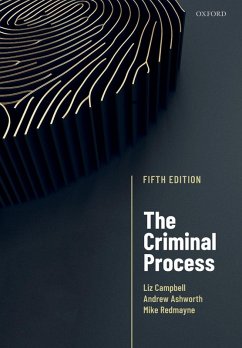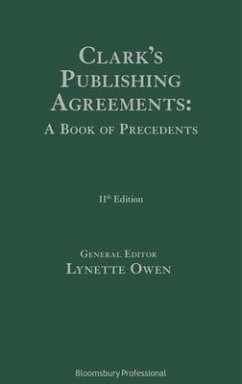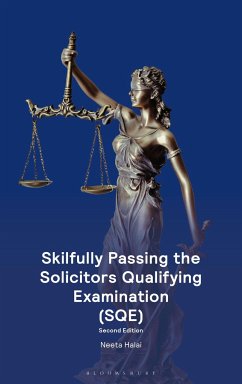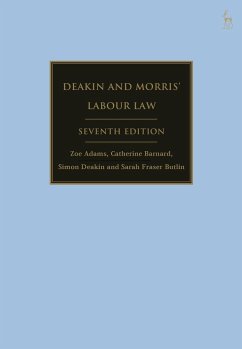Nicht lieferbar
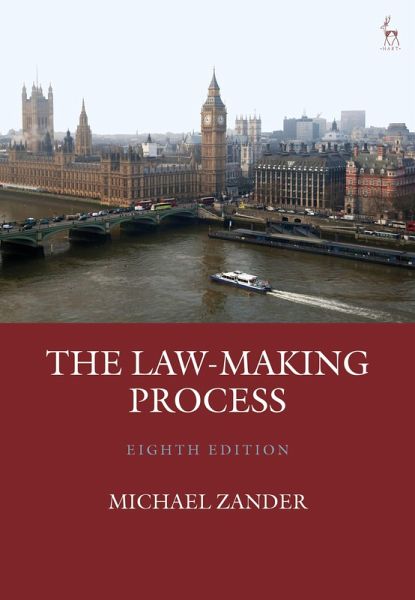
The Law-Making Process
As a critical, in-depth analysis of the law-making process, this book has no equal. It deals with all the stages and forms of law-making: - the preparation of legislation; - its passage through Parliament; - statutory interpretation; - the operation of the rules of precedent in judicial decision-making; - the many facets of judicial law-making; - the machinery of law reform. The new eighth edition covers the operation of EU law in the UK after Brexit. It also covers pre-Brexit events such as the unprecedented legislation by backbench MPs to stop a No Deal Exit from the EU and the two great Sup...
As a critical, in-depth analysis of the law-making process, this book has no equal. It deals with all the stages and forms of law-making: - the preparation of legislation; - its passage through Parliament; - statutory interpretation; - the operation of the rules of precedent in judicial decision-making; - the many facets of judicial law-making; - the machinery of law reform. The new eighth edition covers the operation of EU law in the UK after Brexit. It also covers pre-Brexit events such as the unprecedented legislation by backbench MPs to stop a No Deal Exit from the EU and the two great Supreme Court decisions over the triggering of Brexit and the prorogation of Parliament. The books draws on a wide range of sources including important new empirical research such as Lord Sumption's 2019 Reith lectures (Trials of the State - Law and the Decline of Politics) and the work of Sir Geoffrey Palmer, former Prime Minister and Justice Minister of New Zealand on The Law Reform Enterprise. There are new sections on the attempt to control the size of the House of Lords, on whether Parliament should have a role in the selection of senior judges and on the topical question whether decisions of the courts on constitutional questions are 'legal' or 'political'.






